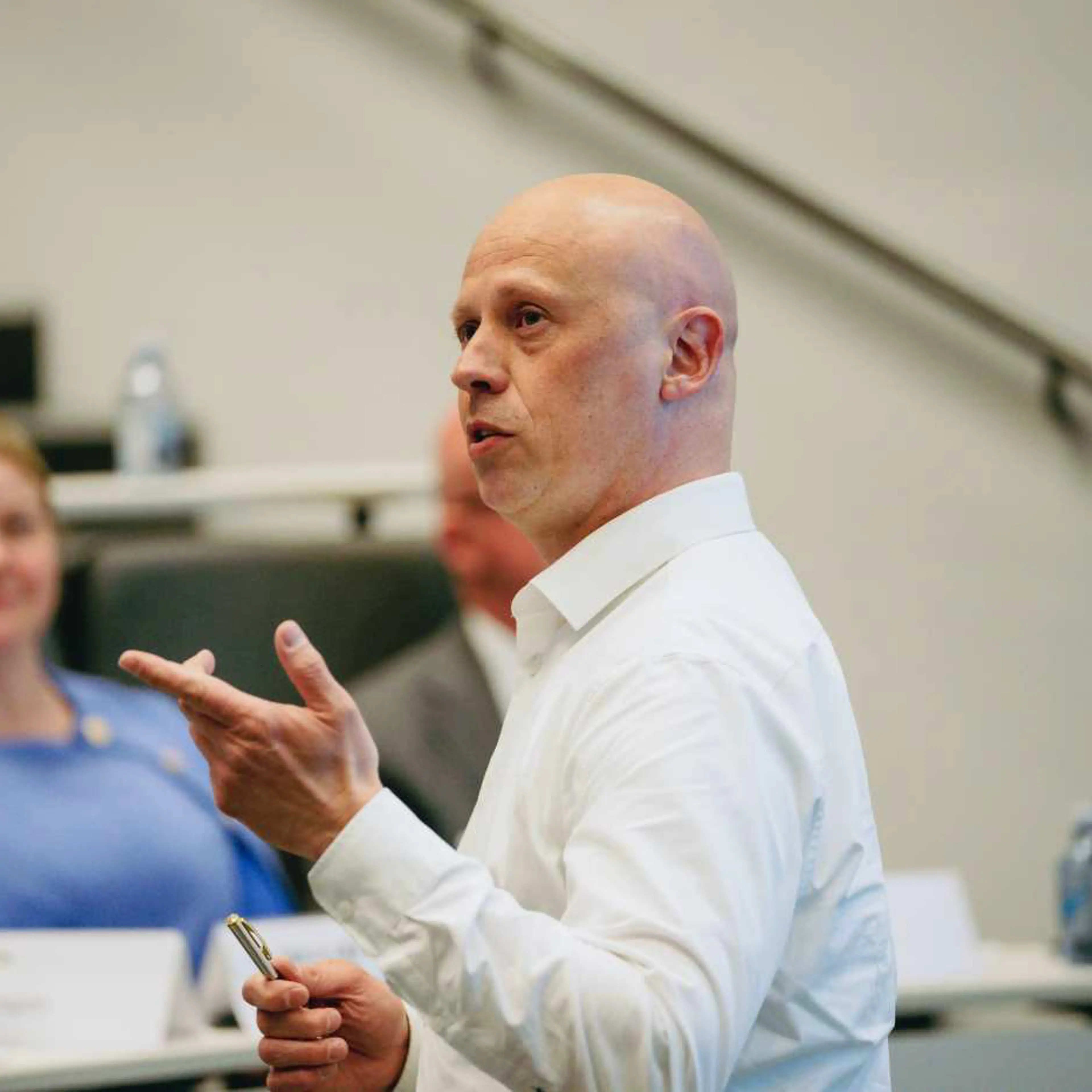Today, we see more often that companies are open and transparent with authorities and that tax authorities reciprocate with increased trust and information in their dialogue with companies. ICAP, enhanced relationship and co-operative compliance programmes are examples of such initiatives. As a result, the dialogue between company and authority changes character and becomes a discussion of, for example, companies' tax risks, risk management and control environments. In Denmark, the dialogue is known as tax governance collaboration.
Associate Professor Karen Boll from CBS calls it a paradigm shift. Both for companies and tax authorities:
‘The collaboration has been going on for over 10 years and means that employees at the Danish Tax Agency are no longer just classic control employees who audit after receiving an account. Today, they must more proactively engage in dialogue with companies and be service-minded,’ she says and continues:
‘It should also save resources for both companies and tax authorities to work together to find out what is relevant to focus on, and for the authorities not to reactively carry out tax inspections, but instead invite dialogue and open discussion, which is also perceived more positively by companies. For companies, it also means that they have to work with other forms of internal audit and control, which the Danish Tax Agency tries to guide them towards.’
The development of tax governance is also linked to international trends, including more focus on co-operation between companies and authorities, CSR and transparency. The tax governance co-operation was introduced as a test in 2012 and is now a permanent offer for large companies that are considered compliant.
‘The majority of large companies in Denmark are tax compliant. That is, they comply with the rules. They can also make mistakes, but they are fundamentally co-operative and can therefore receive an invitation to become part of tax governance,’ says Karen Boll.
Being tax compliant is defined, among other things, by companies filing taxes on time, publishing tax information and having a history of compliance. Then, of course, there is also a group of risk companies. Here, we take a hard line with control. This is resource-intensive for the authorities, but it's a fundamentally sensible way of utilising resources, as the heavy control and audit work is then directed at the large companies that do not follow the rules,’ explains Karen Boll.


